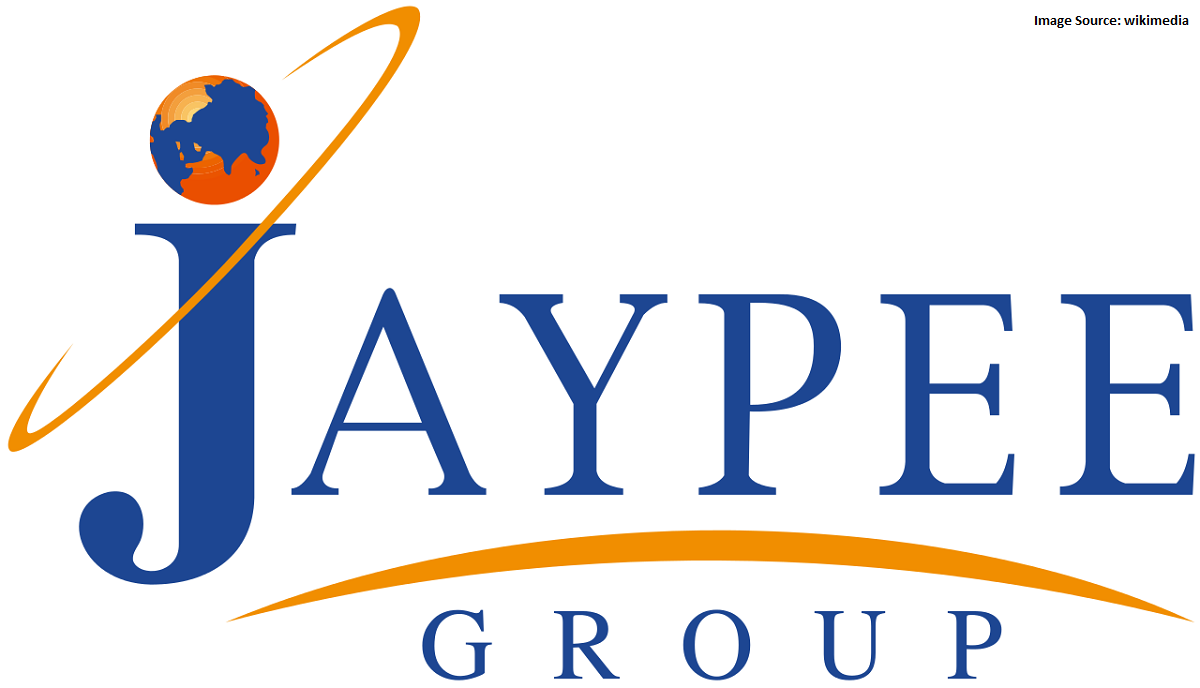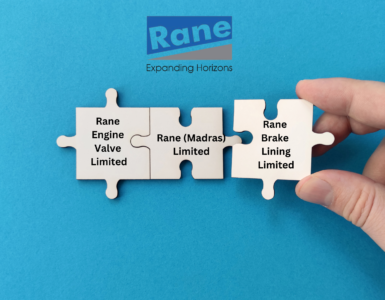As north India has only 16% of the country’s limestone resources, cement companies try to consolidate by acquiring companies for their raw material needs. One example of such a consolidation is Shree Cements Ltd, which acquired 1.5 million tonnes per year (mtpa) cement grinding division of Jaiprakash Associates based in Panipat.
The Deal:
On August 25 last year, the Board of Directors of Shree Cements Limited announced that Shree Cements will acquire cement grinding unit of Jaiprakash Associates Limited at Panipat in Haryana on an going concern basis for Rs 360 crore, subject to adjustment for any financial indebtedness and net working capital to be taken over as of the closing date. Shree Cement managing director H M Bangur said that the two groups have merely entered into an agreement to buy out the Panipat unit and not take over the company. Later on April 27 this year, Shree Cements informed BSE that it has completed the acquisition for Rs 358.22 crore. Jaypee Cement is the country’s third largest manufacturer of cement with an aggregate capacity of over 29 mtpa.
About Shree Cement:
It was founded in Beawar in the Ajmer district of Rajasthan in the year 1979 and is now one of the biggest cement makers in Northern India. It also produces and sells power under the name Shree Power (Captive Power Plant) and Shree Mega Power (Independent Power Plant). Since 2006, it has more than quadrupled its production capacity both by expanding into new areas and increasing the capacities of the existing plants. Plants are located in Beawar, Ras, Khushkhera, Jobner (Jaipur) and Suratgarh in Rajasthan, Laksar (Roorkee) in Uttarakhand and Aurangabad in Bihar.
Shree Ultra:
Shree Ultra is flagship brand of Shree Cement. Its two variants — Shree Ultra OPC and Shree Ultra Jung Rodhak Cement — are distinctly positioned in the market. Shree Ultra Jung Rodhak Cement through its unique rust prevention property has high acceptance amongst brand influencers (masons etc.) and high brand recall value. The brand, while enhancing its presence in highly educated markets of Delhi has increased its reach in the interior markets of Madhya Pradesh, Uttrakhand, Uttar Pradesh and Punjab.
Bangur Cement:
Bangur Cement launched as a premium brand in the market, is designed to meet the high-end market segment. Its unique brand tagline “SastaNahin, SabseAchcha”, gives it the status of ‘top of the market’ value brand.
Rockstrong Cement:
Rockstrong Cement is the youngest brand from the Shree’s table. It has recorded the highest-year-on year growth amongst the three brands of Shree in 2009-10. It holds a position in the market on the promise of high performance and ability to withstand exceptionally harsh environment conditions. Rockstrong promotions are carried out through a series of witty hoardings on current topics.
About Jaiprakash Group:
The Jaypee Group, having interests in areas such as real estate, cement, and hospitality, is the country’s third largest cement maker after Aditya Birla Group and Holcim Group with an operational capacity of 29 mtpa. Jaiprakash Associates Limited (JAL) is the flagship company of the Jaypee Group through which the cement business of the Group is being carried out. The group produces a special blend of Portland Pozzolana Cement under the brand name ‘Jaypee Cement’ (PPC). Its cement division currently operates modern, computerized process control cement plants.
Despite last year’s divestment, Jaiprakash Associates’ standalone debt was Rs 28,164 crore at the end of FY 2013-14. The company’s interest cost almost doubled to Rs 6,094 crore for FY 2013-2014 from Rs 3,134 crore a year earlier.
Highlights of the Deal:
- The acquisition is on Slump Sale basis.
- The capacity of the cement grinding plant is 1.5mtpa
- Shree Cement’s capacity stands at 19 mtpa, with facilities in Rajasthan, Uttarakhand, Bihar, and Haryana. The company sells cement under the brand name of Shree Ultra and Bangur.
- Jaypee Cement continues to be India’s third largest manufacturer, with an aggregate capacity of over 29 mtpa.
Competition Commission of India:
- The Commission had received a notice filed by Shree Cements on September 22, 2014, pursuant to execution of the business transfer agreement between the company and Jaiprakash Associates on September 19, the same year.
- The proposed combination is not likely to have an appreciable adverse effect on competition in India in any of the relevant market(s).
- The Commission noted that the market share in terms of installed capacity is 23 per cent for Shree Cements and three per cent for cement grinding. This will increase the market share of Shree Cements to 26 per cent post the combination.
- The market is moderately concentrated but the change in market concentration as indicated by incremental HHI (Herfindahl-Hirschman Index) would not be significant.
Why Jaiprakash Associates selling its cement plants:
- Jaiprakash Associates has been looking to pare assets as part of the strategy of the debt-laden firm to deleverage the balance sheet.
| JP’s Asset Sale Spree | ||
| Units | Buyer | Value (Rs. Cr) |
| Gujarat Cement Plant | UltraTech | 3800 |
| 74% stake in Bokaro Cement Plant | Dalmia Cement | 690 |
| 300 Acres in Greater Noida | Gaursons | 1500 |
| Hydel Assets and Thermal Units | JSW Energy | 9700 |
- It has now sold capacities aggregating 13 mtpa over the past two years, for an enterprise value of about Rs 10,000 crore ($135/tonne). It will still retain ownership in 22 mtpa of capacity, including 5 mtpa in Andhra and 2.2 mtpa in a joint venture with Steel Authority of India at Bhilai.
- The deal is particularly important for the Jaypee Group to meet its debt reduction target. Jaypee Group, which is sitting on a mountain of debt i.e. over Rs 55,000 crore (including around Rs 28,000 crore of JAL) is targeting to reduce its debt by around Rs 15,000 crore this fiscal.
Financials:
As on 31.12.2014
| Particulars | Revenue | Segment Result | Margin |
| JAYPEE Group (cement division) | 1,41,158 | 463 | 0.32% |
| Shree Cements (cement division) | 1,35,164 | 1,829 | 1.35% |
Though Revenue of cement division of Jaypee group is more, the margin is less as compared to cement division of Shree cement.
Conclusion:
India is the second largest producer of cement in the world. Cement production increased at a compound annual growth rate (CAGR) of 9.7 percent during the period 2006– 2013, producing 272 million tonnes (MT). The production capacity is projected to reach 550 MT by FY 2020.
The cement industry has been expanding on the back of increasing infrastructure activities and demand from the housing sector. The Department of Industrial Policy and Promotion (DIPP), report says that cement and gypsum products attracted foreign direct investment (FDI) worth Rs 14,714.38 crore (US$ 3.09 billion) between April 2000 and June 2015.
The housing segment accounts for a major portion of the total domestic demand for cement in India. In the 12 Five-Year Plan of the government, there is a strong focus on infrastructure development and the government plans to increase investment in infrastructure to an amount of US$ 1 trillion. The industry is expected to add a capacity of 150 MT during the Plan period.
Considering all these factors, the deal is really beneficial for Shree Cements and will enhance its capacity.




